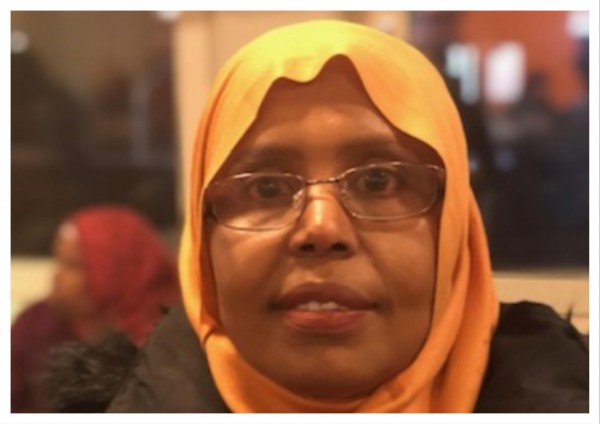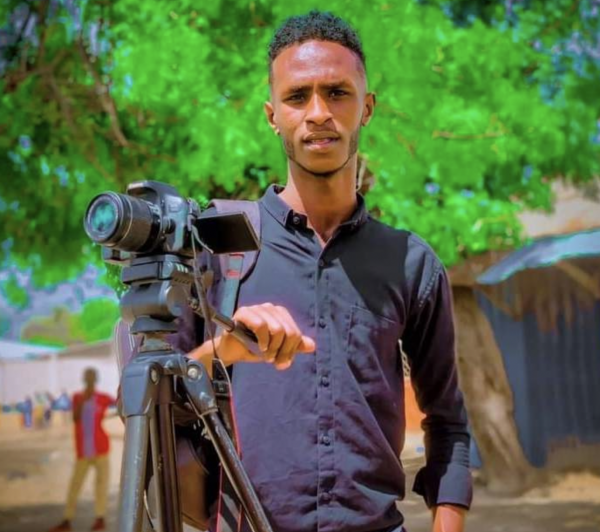Somali radio journalist Ali Yusuf Adan was kidnapped on 21 February by Al Shabab militia soldiers after filing two reports on executions by the ultra-conservative militants.
Ali Yusuf Adan, 47, who worked for the private broadcaster Radio Somaliweyn in the west of the country, was detained 100 km northwest of the capital, Mogadishu, and taken to prison in the port town of Merka, 100 km south of the capital. Although Al Shabab did not announce a reason for the arrest, fellow Somali journalists believe Adan was targeted for his reports on the alleged execution of a man who arrived late to mandatory Saturday prayers.
The director of the radio station, Abukar Hassan Kadaf, told the media he was greatly concerned for Adan, as he had neither heard from him nor received any additional information on his whereabouts since he was taken to the prison.
Speaking to IPI, Mohamed Olad Hassan, a reporter for the BBC and head of the Somali Foreign Correspondents Association (SOFCA) said: “We are condemning the acts and calling for the immediate release of Ali Yusuf Adan. This is an act against freedom of expression and freedom of speech.”
In its recently-released World Press Freedom Review 2009 – Focus on the Middle East & North Africa – IPI ranked Somalia as the most dangerous place in Africa to work as a journalist in the last decade. According to IPI’s Death Watch figures, 22 journalists were killed in the war-torn country between 2000 and 2009, making it the eighth most dangerous country in the world for journalists during the last decade. Nine journalists died there last year.
In the past few months Al Shabab has imposed severe restrictions on journalists in an attempt to stifle the free flow of information in areas it controls. It has closed down radio stations, banned the airing of reports mentioning Somalia’s exiled government and threatened journalists.
According to Hassan more than 150 journalists have left Mogadishu alone since 2006, when Ethiopian troops entered the city to support the failing government. The troops were subsequently forced out by the Islamist Al Shabab forces. Many of the journalists fled to neighbouring countries, such as Ethiopia and Kenya, as well as further afield to the US and UK.
Although agreeing that the situation was extremely dangerous for journalists in Somalia, Hassan added that he and his colleagues intended to stay and carry on reporting.
“We don’t want the criminals who control this country to go unreported,” he said. “We want the world to know what is going on and we will not neglect the voiceless of Mogadishu and Somalia.”
IPI Director David Dadge said: “The International Press Institute joins the local Somali journalists in the call for Ali Yusuf Adan’s release. We strongly condemn the actions of Al Shabab to stifle the flow of information by kidnapping and instilling fear in journalists, and reiterate that no journalist should be targeted for their work. We also praise the bravery of the journalists who continue to work in such an increasingly volatile country.”


